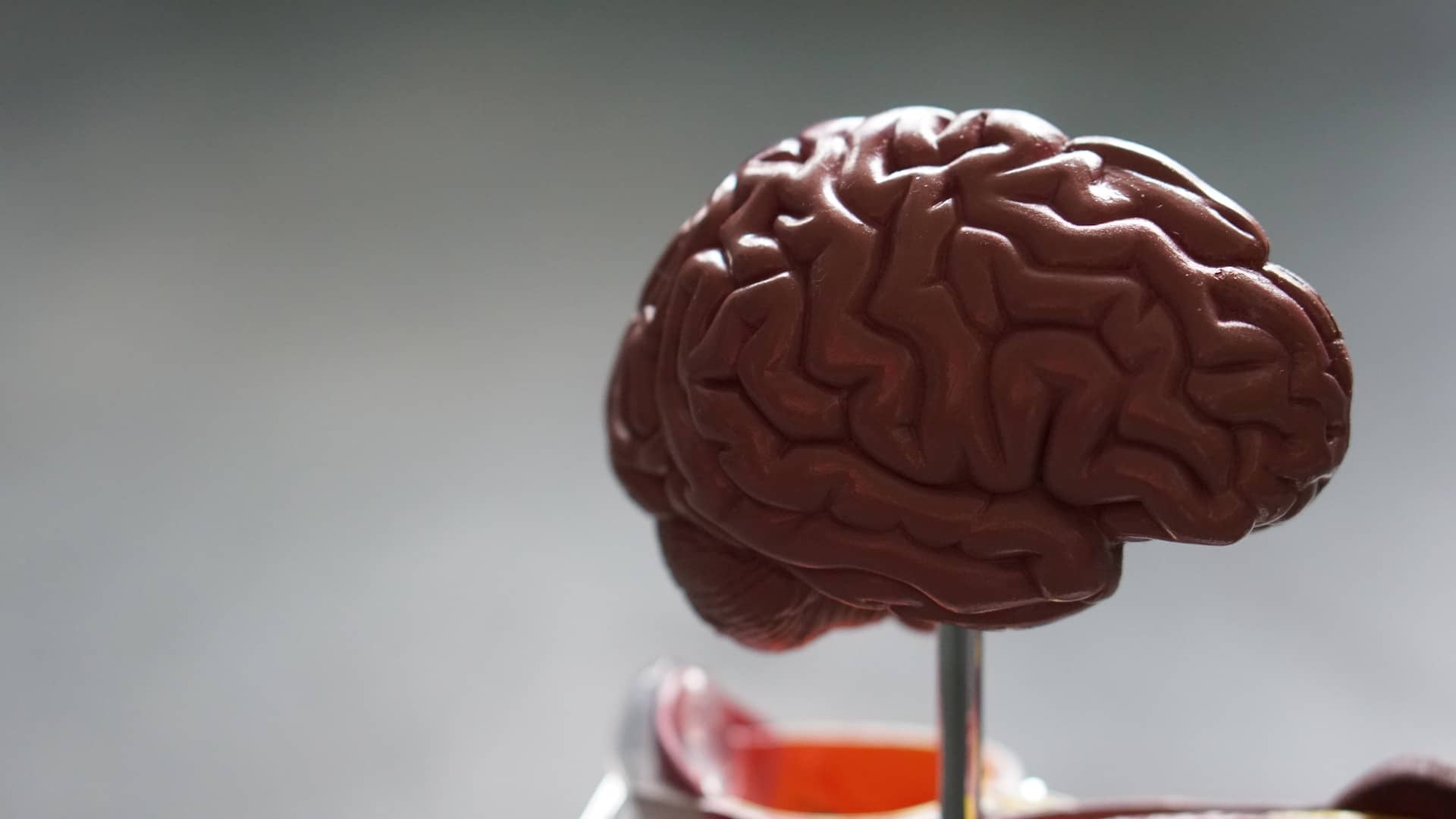If you or someone you know has experienced a brain injury, you’re likely facing a challenging and uncertain journey ahead. Brain injuries can vary in severity, from mild concussions to more severe traumatic brain injuries (TBIs). Regardless of the type and extent of the injury, it’s crucial to know what steps to take after a brain injury to promote recovery and well-being. In this article, we will explore what to do after a brain injury, what not to do, and how long it typically takes for the brain to heal. This article also lays out the guidelines for how best to start a claim for a serious injury.
Understanding Brain Injuries
Before we dive into the dos and don’ts after a brain injury, it’s essential to have a basic understanding of what happens when the brain is injured. The brain is a delicate and intricate organ responsible for controlling our thoughts, emotions, and bodily functions. When it sustains an injury, the consequences can be far-reaching.
Types of Brain Injuries
Brain injuries can be categorised into two main types: traumatic and non-traumatic.
Traumatic Brain Injuries (TBIs)
TBIs result from external forces that cause damage to the brain. These injuries often occur due to accidents, falls, sports-related incidents, or vehicle collisions. TBIs can range from mild concussions to severe injuries with long-lasting effects.
Non-Traumatic Brain Injuries
Non-traumatic brain injuries, on the other hand, result from internal factors such as strokes, tumours, infections, or degenerative diseases. These injuries may develop slowly over time and can also have significant consequences.
What to Do After a Brain Injury
Seek Immediate Medical Attention
The first and most critical step after a brain injury is to seek immediate medical attention. Even seemingly mild concussions can have serious consequences if not properly evaluated and treated by a medical professional. Head injuries can lead to swelling, bleeding, or other complications that need to be addressed promptly.
Follow Medical Advice
Once you’ve received a diagnosis and treatment plan from a healthcare provider, it’s essential to follow their advice diligently. This may include rest, medication, physical therapy, or surgery, depending on the severity of the injury. Compliance with medical recommendations is crucial for the healing process.
Rest and Recovery
Rest is a fundamental component of recovery after a brain injury. Your brain needs time to heal, and overexertion can hinder the healing process. This often means taking time off work or school and avoiding physically and mentally strenuous activities.
Monitor Symptoms
Keep a close eye on the symptoms and any changes in your condition. If you notice worsening symptoms, such as severe headaches, nausea, confusion, slurred speech, or weakness in limbs, seek immediate medical attention. These could be signs of a more serious issue.
Rehabilitation
Rehabilitation is a vital aspect of recovery for many individuals with brain injuries. It can include physical therapy, occupational therapy, speech therapy, and cognitive therapy. These therapies aim to improve physical and cognitive function, helping individuals regain independence.
Support Network
Don’t underestimate the power of a strong support network. Brain injuries can be emotionally and physically taxing, and having friends and family who understand and provide emotional support can make a significant difference in your recovery.
What Not to Do After a Head Injury
In addition to knowing what to do after a brain injury, it’s equally important to be aware of what not to do. Avoiding certain actions can prevent further harm or complications.
Neglecting Follow-Up Care
Once you’ve received initial treatment, it’s crucial not to neglect follow-up appointments and recommended evaluations. Brain injuries can have long-term effects that may not be immediately apparent.
Returning to Normal Activities Prematurely
Resist the temptation to return to your regular activities too soon. Pushing yourself too hard or engaging in physically demanding or mentally strenuous tasks can impede the healing process and lead to setbacks.
Ignoring Emotional Well-being
Physical recovery is just one part of the healing process. Emotional well-being is equally important. Don’t hesitate to seek counselling or therapy if you’re struggling with anxiety, depression, or other emotional challenges following a brain injury.
Substance Abuse
Avoid alcohol and recreational drugs during your recovery. These substances can interfere with the healing process and exacerbate symptoms.
How Long Does It Take the Brain to Heal After a Brain Injury?
One of the most common questions asked by individuals and their families after a brain injury is, “How long does it take for the brain to heal?” Unfortunately, there’s no one-size-fits-all answer to this question. The healing timeline varies widely depending on several factors:
Severity of the Injury
The more severe the brain injury, the longer the recovery process tends to be. Mild concussions may resolve within a few weeks, while severe TBIs can take years or even result in permanent impairments.
Individual Variability
Each person’s brain is unique, and so is their response to injury. Some individuals may recover more quickly than others due to factors such as age, overall health, and pre-existing conditions.
Treatment and Rehabilitation
The type and quality of medical care and rehabilitation play a significant role in the healing process. Individuals who receive timely and effective treatment tend to have better outcomes.
Complications
The presence of complications, such as infections or bleeding, can extend the recovery period. Addressing these issues promptly is crucial.
Post-Injury Care
The level of care and support provided during the recovery phase can also impact the healing timeline. A comprehensive and supportive care plan can facilitate a smoother and faster recovery.
Making a Serious Injury Claim with National Claims
At National Claims, we understand that dealing with a brain injury can be a challenging and overwhelming experience. We are here to guide you through the claims process for a serious injury to ensure you receive the compensation and support you deserve. Our team of experts is dedicated to helping individuals like you navigate the complexities of legal and financial matters following a brain injury.
Initial Consultation
The first step in making a serious injury claim with National Claims is to schedule an initial consultation with our experienced team. During this consultation, we will listen carefully to your story, gather information about your injury, and assess the circumstances that led to it. We understand that every brain injury case is unique, and we treat each client with the utmost compassion and respect.
Evaluation and Assessment
After the initial consultation, our legal experts will conduct a thorough evaluation and assessment of your case. This process involves gathering evidence, reviewing medical records, consulting with medical professionals, and assessing the financial impact of the injury on your life. Our goal is to build a strong and compelling case on your behalf.
Support and Guidance
Throughout the entire process of making a serious injury claim, National Claims will provide you with unwavering support and guidance. We understand the emotional toll that a brain injury can take on you and your loved ones. Our team is here to answer your questions, address your concerns, and provide you with the reassurance you need during this challenging time.

Conclusion
Dealing with a brain injury is a journey that requires careful attention to both medical recovery and legal matters. Knowing what to do after a brain injury, seeking immediate medical attention, following medical advice, and considering rehabilitation are essential steps on the path to recovery. Equally important is being aware of what not to do, such as neglecting follow-up care, returning to normal activities prematurely, ignoring emotional well-being, and avoiding substance abuse.
The duration of the healing process after a brain injury varies depending on various factors, including the severity of the injury, individual variability, treatment and rehabilitation, complications, and post-injury care. Patience, perseverance, and a strong support system are invaluable assets during this journey.
If you or someone you know is dealing with a brain injury and considering making a serious injury claim, National Claims is here to provide the assistance and legal representation you need. Our team will guide you through the process, from the initial consultation to negotiations or trial representation, with the utmost care and professionalism. Your well-being and the pursuit of justice are our top priorities. Remember, you don’t have to face the challenges of a brain injury alone—National Claims is here to support you every step of the way.
Contact us to speak to one of our claims specialists to help you get started with your claim.
Click below to see why we are one of the most trusted claims management companies in the UK.

We’re proud of our excellent customer reviews
We thrive on delivering exceptional service and ensuring our clients’ satisfaction. Don’t just take our word for it. Check out some of our independent reviews to see what our clients have to say.
Excellent

This firm is excellent, they sorted out my car pay out and injury claim very fast, they always communicate with you all the time.

My accident case was dealt with confidence and with great result of the outcome, especially James kept me informed all the time.

I was very impressed at the way my inquiry was treated. I was listened to attentively and everything I needed to know was explained to me.






